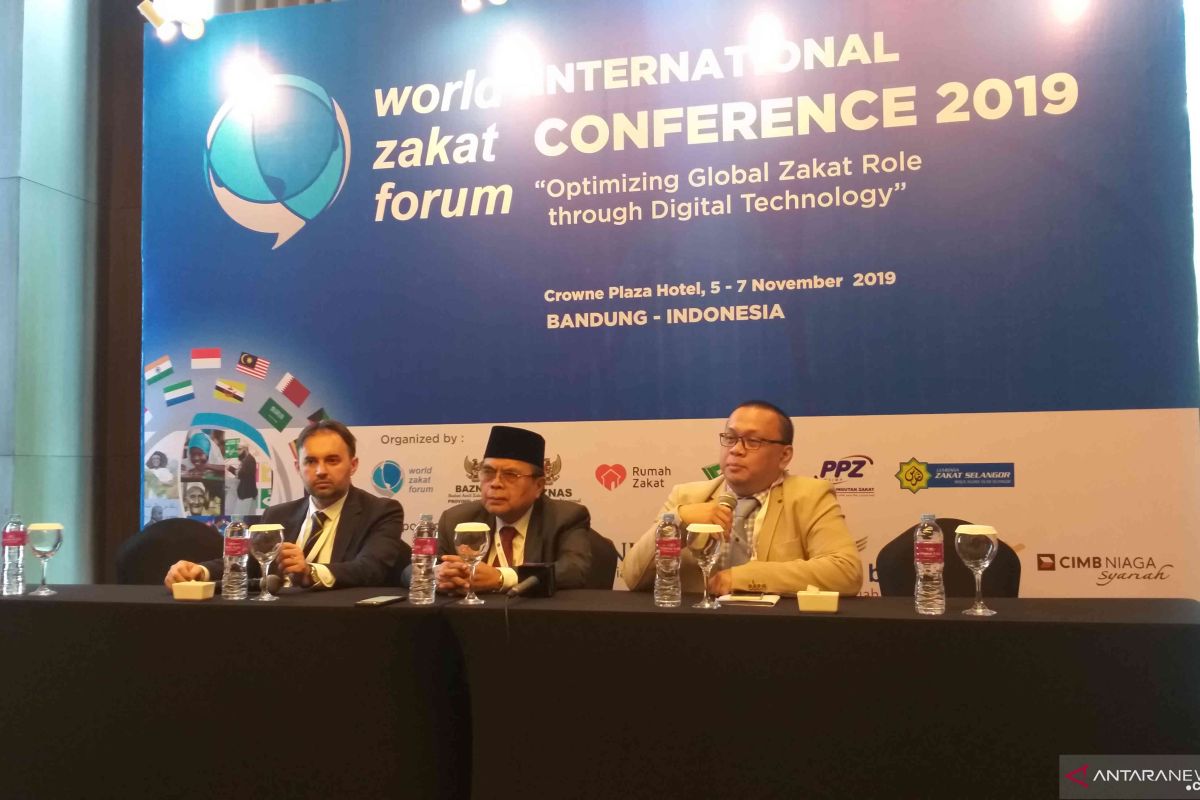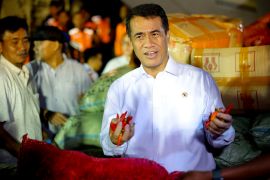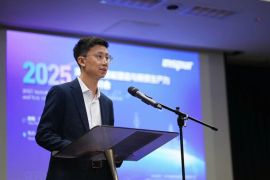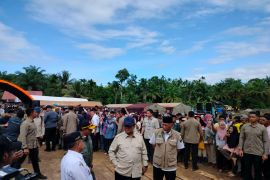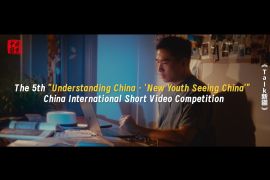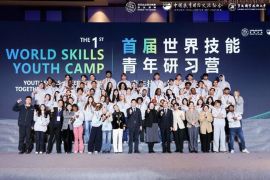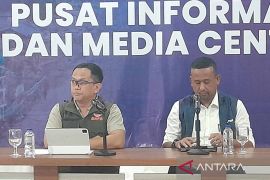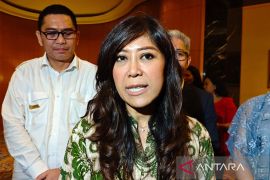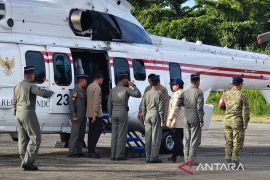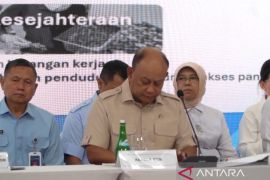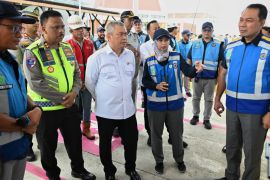The global zakat movement must consider the role of digital technology in managing zakat since the Muslim world is very large, ranging from Africa to Southeast Asia and covering six continents.Bandung, W Java (ANTARA) - The international conference of the World Zakat Forum (WZF) 2019 held in the West Java provincial capital of Bandung ended on Wednesday, with some 300 participants from 28 countries agreeing to formulate several resolutions based on the theme of the conference. The resolutions called for the development of global zakat using the latest digital technology, WZF 2019 Secretary General, Bambang Sudibyo, said.
The zakat commitment must pay attention not only to how zakat is collected and distributed but also how zakat is managed professionally, effectively and efficiently by adapting to the rapid development of technology, he said.
"The global zakat movement must consider the role of digital technology in managing zakat since the Muslim world is very large, ranging from Africa to Southeast Asia and covering six continents," he said.
As the platform of international zakat movement, WZF plays a role in synergizing global zakat stakeholders in promoting the welfare of Muslims and reducing the poverty rate, he said.
"This conference also marks the increasing role of zakat in solving global poverty and inequality and proposes a special standard to gauge the impact of zakat on the welfare of mustahik (zakat beneficiaries)," he said.
Related news: 28 countries to participate in World Zakat Forum in Bandung
Following are the resolutions adopted at the WFZ 2019 international conference:
1. The growing role of digital technology must be used optimally to develop global zakat, particularly in promoting awareness among Muslims to fulfill their zakat obligation.
2. The use of the digital platform in the management of zakat must be increased and WZF calls on all WZF member states to adopt the current technology as part of their zakat management, particularly for the promotion, calculation, collection and distribution of the zakat fund in each WZF member state.
3. The relevance of blockchain technology to zakat management was discussed. Hence, WZF suggested that all WZF member states further explore the potential zakat using blockchain technology.
4. The use of digital technology brings about specific risk. The presence of technical notes on the risk management of the zakat organization will hopefully play a significant role as a guide to reducing the possible risks of zakat management practices, including the use of digital technology. Hence, all MZF member states are encouraged to adopt this technical guide.
5. All WZF member states are encouraged to adopt the technical guide to good governance as realized in the “Zakat Core Principle” to improve the quality of zakat management.
6. WZF calls on all its members to strengthen their collaboration with UNICEF and UNDP as agreed upon in the Memorandum of Understanding to meet the requirements of the Sustainable Development Goals.
7. WZF pays attention to the involvement of several multilateral institutions in collecting and distributing zakat, particularly that related to compliance with the sharia law and the national regulation.
Related news: President Jokowi pays Rp55 million of zakat mal through Baznas
Translator: Ajat Sudrajat/Suharto
Editor: Rahmad Nasution
Copyright © ANTARA 2019
